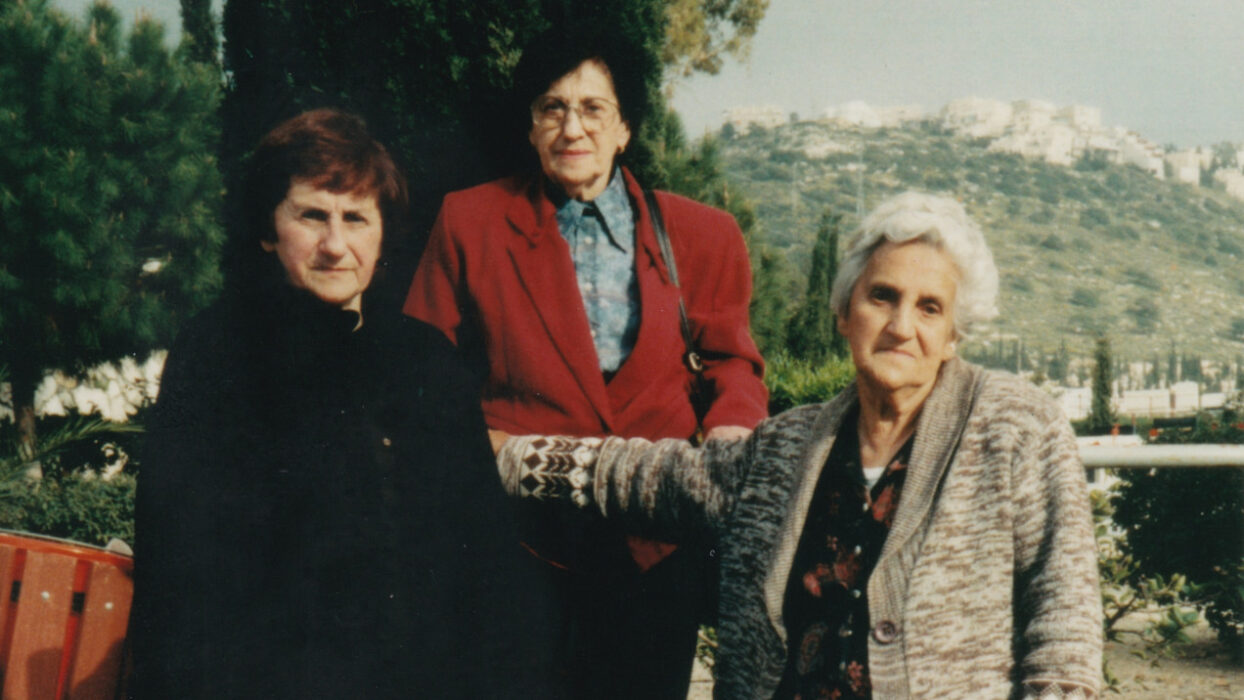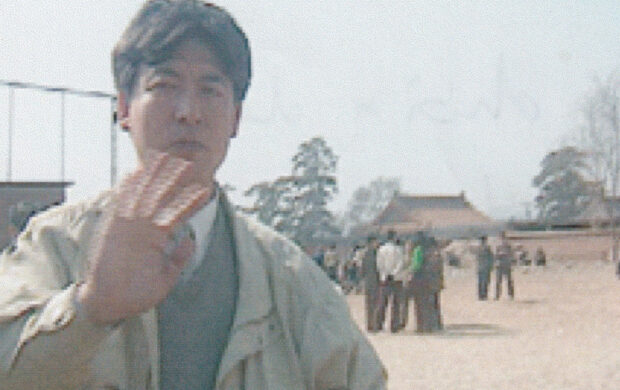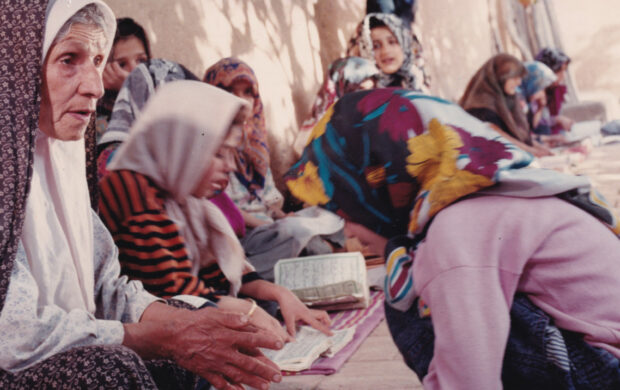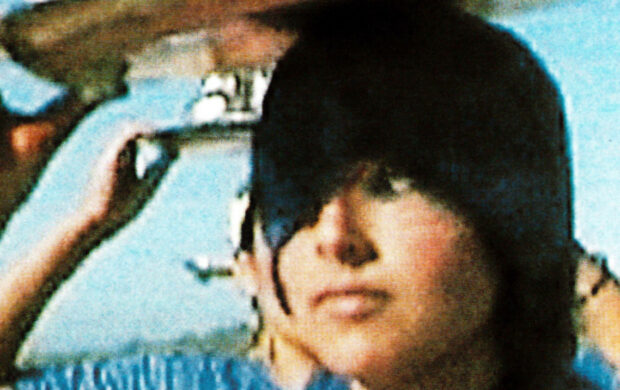Shalosh ahayot
- 1997
- Israel
- 68 minutes
- Hebrew
“My mother and my two aunts are three sisters. Karola, the eldest is 78. A widow for eleven years, she lost the taste of life years ago. Now, she stays in an old age home. Ester, the youngest, is 70. Between visiting her paralyzed sick husband, she tries to catch life in any possible way. She loves the sea, the soap operas on TV and playing cards. Fruma, my mother, 75, is occupied mainly with the check-ups and doing appointments with doctors for her sick husband. Three aged sisters, meeting on the phone, coping not merely with their lonelines but also with the shadow of the memory that even after more than fifty years, even in the folds of silence, refuses itself to be forgotten. Fruma is writing her memories. She and Karola were in the same camp. Karola doesn’t want to and is unable to tell neither the past nor the present, as if she’s afraid that by touching the traumatic story of her life she’ll collapse. Ester is looking for her lost youth. She was a teenager in the labor camp. They married right after the war. Had children. Now, suddenly, they got old. Now living a lifeless life. “Life has passed and we achieved nothing.” (Tsipi Reibenbach)
- Production : Tsipi Reibenbach
- Editing : Era Lapid
- Sound : Amir Buberman
- Photography : David Gurfinkel; Ron Katzenelson; Yoram Milo




